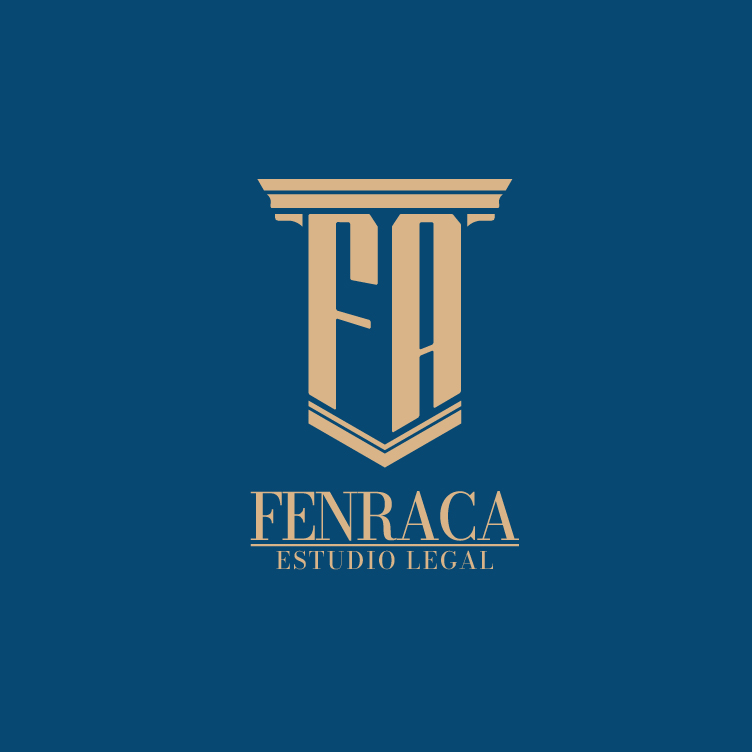Best Will & Testament Lawyers in Dominican Republic
Share your needs with us, get contacted by law firms.
Free. Takes 2 min.
Or refine your search by selecting a city:
List of the best lawyers in Dominican Republic
About Will & Testament Law in Dominican Republic
The laws governing Wills and Testaments in the Dominican Republic are designed to dictate how an individual's estate is managed and distributed following their death. A will is a legal document that stipulates how a person wishes their assets and liabilities to be handled. The absence of a will can lead to the estate being distributed according to the intestate succession laws of the Dominican Republic. Understanding the nuanced aspects of these laws can be crucial for ensuring that your final wishes are honored and that your beneficiaries are protected.
Why You May Need a Lawyer
There are several situations where individuals might seek legal assistance when drafting or managing a will in the Dominican Republic:
- Complex estates: When dealing with substantial assets or intricate estate plans, legal guidance is invaluable.
- Blended families: Navigating distributions to stepchildren, ex-spouses, or unconventional family structures can require specialized legal insight.
- International assets: If you hold assets in multiple countries, a lawyer can help harmonize your will with international laws.
- Contested wills: In cases where the will's validity is challenged, expert legal defense can safeguard your intentions.
- Updates to existing wills: As life circumstances change, legal assistance is necessary to update wills legally and effectively.
Local Laws Overview
The Dominican Republic legal system recognizes written wills that are duly signed and witnessed. The primary legal text that regulates wills in the Dominican Republic is the Civil Code. Here are some key aspects of local laws related to wills:
- Age and Capacity: Any individual aged 18 or older and with mental capacity can create a will.
- Forced Heirship: Certain relatives (e.g., children or parents) are entitled to a portion of the estate under forced heirship laws.
- Types of Wills: Holographic, notarial, and closed wills are recognized, each with specific requirements and formalities.
- Revocation: A will can be revoked or amended by the testator at any time before their death, provided it meets legal standards.
- Probate Process: The process of proving a will, known as probate, is conducted through the court system to validate and execute a will.
Frequently Asked Questions
What is the minimum legal age to write a will in the Dominican Republic?
The minimum age is 18 years, provided the individual is of sound mind.
Are handwritten (holographic) wills valid?
Yes, holographic wills are valid if they are entirely handwritten, signed, and dated by the testator.
Can a will be modified or revoked?
A will can be modified or revoked at any time before the testator's death, following the appropriate legal procedures.
What happens if I die without a will?
If a person dies intestate (without a will), their estate is distributed according to statutory succession laws, prioritizing close relatives.
How are children protected under will laws?
Children are considered forced heirs and are entitled to a portion of the estate, which cannot be disenfranchised by the will.
Do I need to notarize my will?
While not all types of wills have to be notarized, a notarial will, which involves a notary, is among the accepted legal formats.
How long does probate take in the Dominican Republic?
The duration of probate can vary, largely depending on the estate's complexity and any legal challenges that arise.
Can foreigners create a will in the Dominican Republic?
Yes, foreigners can create a will in the Dominican Republic for assets located within the country.
Are oral wills accepted?
Oral wills are not recognized under Dominican law; a valid will must be written.
Is there a legal requirement for witnesses?
Yes, the specifics depend on the type of will, but typically at least two witnesses are required for notarial wills.
Additional Resources
For those seeking further information on wills and testaments in the Dominican Republic, several resources can be consulted:
- Dominican Republic Bar Association (Colegio de Abogados de la República Dominicana)
- Ministry of Justice of the Dominican Republic
- Local legal aid clinics offering pro-bono legal consultations
Next Steps
If you are considering creating or revising a will, it is advisable to consult with a legal professional specializing in estate planning or family law. Consider the following steps:
- Gather necessary documentation, including any prior wills, asset records, and information about beneficiaries.
- Research and contact an experienced estate lawyer who can guide you through the process.
- Schedule a consultation to discuss your estate planning needs and ensure your will complies with local laws.
- Work collaboratively with your lawyer to draft or update your will.
- Ensure your will is correctly executed, stored safely, and accessible to your appointed executor.
Lawzana helps you find the best lawyers and law firms in Dominican Republic through a curated and pre-screened list of qualified legal professionals. Our platform offers rankings and detailed profiles of attorneys and law firms, allowing you to compare based on practice areas, including Will & Testament, experience, and client feedback.
Each profile includes a description of the firm's areas of practice, client reviews, team members and partners, year of establishment, spoken languages, office locations, contact information, social media presence, and any published articles or resources. Most firms on our platform speak English and are experienced in both local and international legal matters.
Get a quote from top-rated law firms in Dominican Republic — quickly, securely, and without unnecessary hassle.
Disclaimer:
The information provided on this page is for general informational purposes only and does not constitute legal advice. While we strive to ensure the accuracy and relevance of the content, legal information may change over time, and interpretations of the law can vary. You should always consult with a qualified legal professional for advice specific to your situation.
We disclaim all liability for actions taken or not taken based on the content of this page. If you believe any information is incorrect or outdated, please contact us, and we will review and update it where appropriate.
Browse will & testament law firms by city in Dominican Republic
Refine your search by selecting a city.














